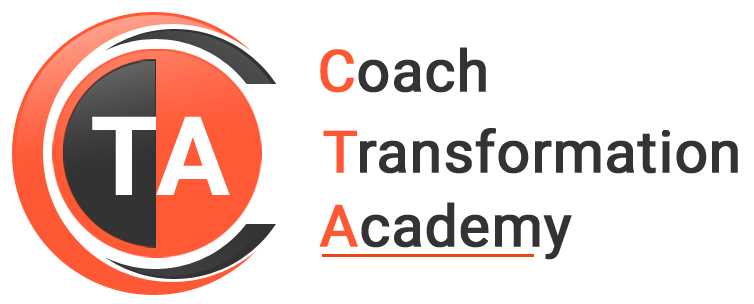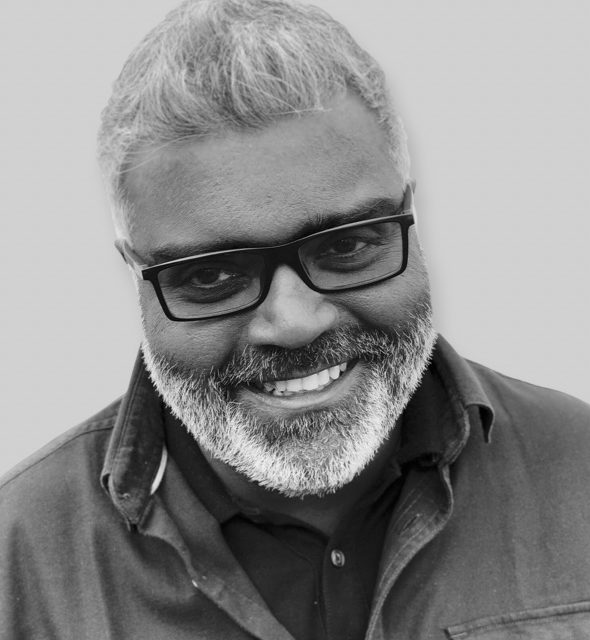
Associate Partner at Strategyzer, he helps large organizations innovate for the future while managing their core business. He has given keynotes, run workshops, and worked as a consultant for several large organizations, including Rabobank, American Express, Standard Bank, Unilever, Airbus, Pearson, Lufthansa-Airplus, The British Museum, Copenhagen Fintech and The Royal Academy of Engineers.
Tendayi co-designed Pearson’s Product Lifecycle, which is an innovation framework that won the Best Innovation Program 2015 at the Corporate Entrepreneur Awards in New York. He has been shortlisted for the Thinkers50 Innovation Award and was named on the Thinkers50 2018 Radar List for emerging management thinkers to watch.
Tendayi has written three books based on his research and consulting experience, Pirates In The Navy, The Corporate Startup, and The Lean Product Lifecycle. The Corporate Startup was awarded the 2018 CMI Management Book Of The Year In Innovation and Entrepreneurship.
He is currently working on another book, Right Question, Right Time. He is also a regular contributing writer for Forbes. Tendayi spent over 12 years in academia, during which time he taught at the University of Kent, where he is now an Honorary Senior Lecturer. He has also been a Research Fellow at Stanford University and Research Assistant at Harvard University.
Key Notes:
In episode 4 of Transformational Tuesdays, Tendayi Viki shared a valuable set of tools for leaders trying to balance the needs of exploration, innovation, and execution.
Tendayi Viki wears many hats as the Associate Partner at Strategyzer, an Innovation Coach, a celebrated contributor in Forbes, an Honorary Senior Lecturer, an award-winning author, and corporate innovation expert. His Pearson’s Product Lifecycle, an innovation framework, helps large companies innovate for the future while running their core business. Here are the key takeaways Tenadyi shared with us:
- Innovation coaching involves teaching people new behaviors within an organizational context that is not set up to support those behaviors. Innovation coaches have the right tools to inspire great value proposition and business model design. They help teams identify assumptions and test their business ideas.
- Leaders need to balance the needs of exploration, innovation, and execution. Understanding the distinctions between the three and being able to model and balance them leads to powerful innovation within larger organizations.
- Every organization is competent in building its own innovation capabilities.
- As a leader, you should be ready to test ideas rapidly and with minimal investment. You must learn which ideas are most viable. Your responsibility as a leader is not to pick winning ideas but rather to create the conditions in which winning ideas can emerge.
- When companies ask for investment, we think we’re investing in execution. We’re investing in discovering if an idea will work or not. Instead, we should ask, “How much would I pay for information?”
- Successful innovation is – a combination of customer value, a viable business model, and the ability to execute!
- A team’s success depends on giving them the right resources and asking the right questions.
- Make small bets, empower your teams to discover what works, and then invest in the ideas with low innovation risk and high confidence of good returns.
- Cultivate corporate culture like a garden. Three factors are the drivers to create an innovative culture: Outcomes (What you want to ‘harvest’ from a garden (fruits)), Behaviors (the heart of your culture), and Enablers/Blockers (elements that allow a garden to flourish).
- Asking powerful questions leads to creating space for innovation and exploration – What are our desired outcomes? What behaviors will help us to achieve our desired outcomes? What enables and blocks us from performing the right behaviors?
Tune in to our YouTube channel to watch our entire episode with Tenadyi Viki.




